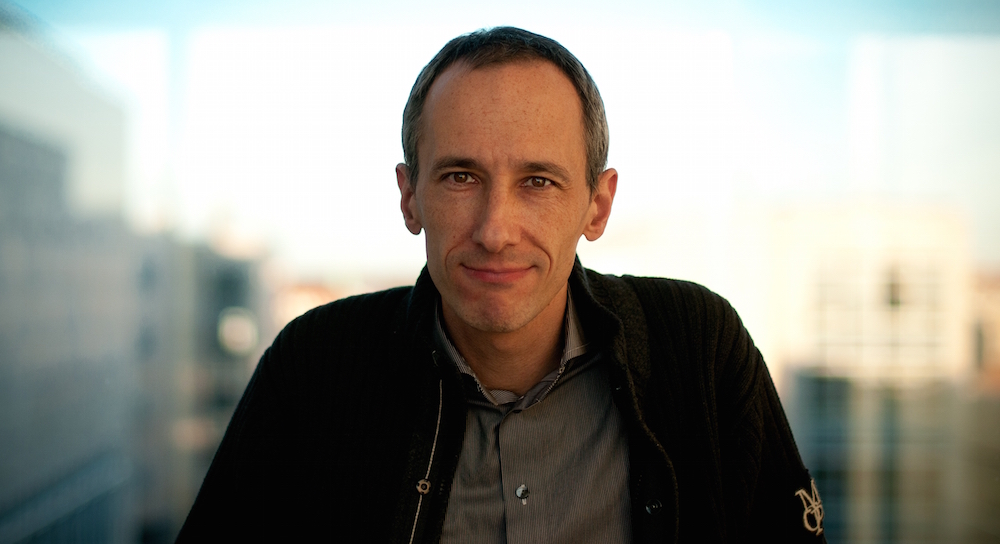Thanks to John Schwenkler for offering me this opportunity to share some thoughts regarding my new book Self and Other: Exploring Subjectivity, Empathy, and Shame (OUP 2014). Before going into some details about the book, let me just say a few introductory words about my own background.
I have been Professor of Philosophy and Director of the Center for Subjectivity Research at the University of Copenhagen since 2002. The Center for Subjectivity Research which was also established in 2002 has since then carried out research on the self and its relations to others and the world from an interdisciplinary perspective. Its exploration of subjectivity has explicitly sought to further the integration of different philosophical traditions, in particular phenomenology, hermeneutics, analytic philosophy of mind and philosophy of religion. At the same time, however, much time has been invested in promoting the dialogue between philosophy and empirical science, in particular psychiatry and psychopathology, but also clinical psychology, cognitive science and developmental psychology.
As for my own research, I have been working on the topics of self and other for more than 20 years. In my doctoral dissertation Husserl and Transcendental Intersubjectivity (originally published in German in 1996), I offered a new interpretation of Husserl’s theory of intersubjectivity. I also discussed Sartre’s, Merleau-Ponty’s and Heidegger’s contribution to a phenomenological theory of intersubjectivity, and stressed the common features and virtues of such analyses when compared to the language-oriented approach to intersubjectivity that was to be found in the work of Habermas and Apel.
In my habilitation Self-awareness and Alterity that was published in 1999, I went on to examine the notion of pre-reflective self-consciousness and defended the view that our experiential life is characterized by a form of self-consciousness that is more primitive and more fundamental than the reflective form of self-consciousness that one for instance finds exemplified in introspection.
My research since then has continued to move forth and back between these basic topics. On the one hand, I have worked on the relationship between experience, self and self-consciousness. I have argued that all three concepts are interconnected and that a theory of consciousness that wishes to take the subjective dimension of our experiential life seriously needs to operate with a (minimal) notion of self. On the other hand, I have continued to write on intersubjectivity, empathy and social cognition. I have defended a phenomenological account of empathy, argued in favor of the bodily and contextual character of interpersonal understanding and criticized dominant positions within the so-called ’theory of mind’ debate, including simulation theory and theory-theory.
In 2008 I started to think about how my core ideas could be further developed, how I might respond to some of the criticism I had encountered, and in particular how I might integrate the two lines of my research more systematically. In 2009, I finally started work on Self and Other, the book I will begin to discuss in my next post.

